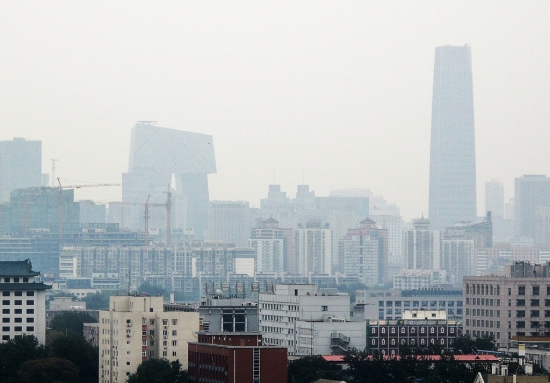The commercial property market in Beijing has risen by 320.5 per cent in the first 10 days of March. Since the government has introduced its new measures to cool down the country’s residential sector, investors have responded by shifting their focus to this portion of the market.

According to real estate brokerage firm Century 21, 759 units of commercial property were sold and registered online during the period from March 1-10, 2013. This accounted for 6.3 per cent of all transactions recorded during the period.
The surge in commercial property transactions came in the wake of the State Council’s move to control the property market. It announced on March 1 that homeowners who sell their homes will be charged an income tax of 20 per cent on the profit. Before the change in the rules, homeowners were required to pay one-two per cent of the sale price in taxes.
Kou Hallong, general manager of Century 21 Beijing, commented, “It is obvious that investment-oriented purchases of residential housing will be further restrained, and the government intends to weaken the investment characteristics of home buying.”
“So it is natural that more investors are turning their eyes to commercial properties when other investment channels are limited.”
The commercial sector of Jin Mao Palace, a project near the city’s CBD area, will be putting 154 units up for sale around the end of the month.
There were so many potential buyers interested in the project that the registration for purchases closed in less than one day. A sales department manager explained that even the registered potential buyers will have to draw lots to find out which unit they will receive.
Commercial projects which are scheduled to commence over the next few months are expected to increase prices. A number of Chinese investors benefited from higher land values over the past few years.
Commercial real estate values increased by 23 per cent in 2012, according to a report Knight Frank. The real estate advisory company anticipates that values in Beijing and other cities will continue to increase in the short term.
Nick Cao, the Knight Frank China manger stated, “Beijing’s growth in this sector has been phenomenal, and we expect this to persist as long as restrictions on residential real estate continue.”
“As for lower-tier cities, retail is a good option to consider as demand from local consumers is quite strong while some cities will focus on manufacturing and the industrial sector, which will push down the value of office and hotel space.”
Previous Post
Cable Invests in Lending for SMEs